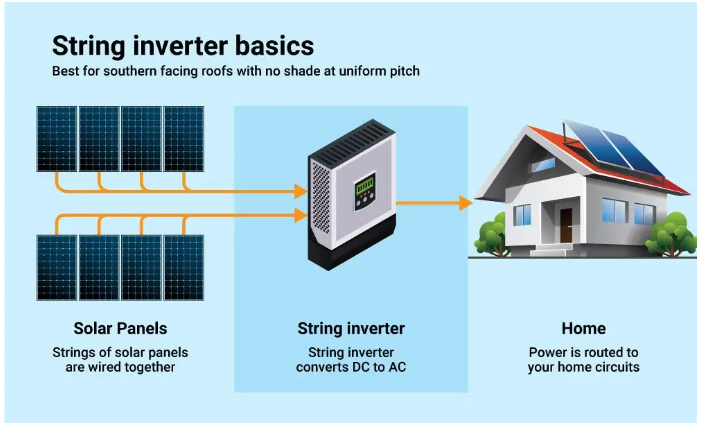You should always read through your tenancy agreement to make sure that all of your questions and concerns are addressed, but some clauses may confuse you. Here are some of the most important things to look for in a tenancy agreement.

First of all, check that there is clear information in the tenancy agreement about rent payments and how they are to be made and when they are required. If you are unclear about this, ask the landlord or letting agent to clarify. It may be beneficial to consult a friend or family member who can help you. In addition to looking over the tenancy agreement, check if the landlord is willing to pay for repairs, and request that the tenancy agreement outline all these things and more.
Insurance: In addition to covering damages that result from irresponsible tenants, landlords should also make sure their properties are insured. Insurance is especially important if you’re renting. Many buildings have rules regarding insurance coverage. However, your landlord’s insurance may cover some damages, so be sure to find out if yours does. You will generally only require contents insurance as the landlord should have buildings insurance.
Make sure that your contract states the terms of access to the property by the landlord. They should never have unlimited access to your rental property without proper notice. Furthermore, it should state that the landlord can inspect your property at a prearranged time. This can be difficult to verify without written permission. Regardless of the landlord’s intentions, it’s vital that you get this agreement in writing. For advice from Letting Agents Cheltenham, go to Me & You, a leading Letting Agents Cheltenham firm.

A strong tenancy agreement must also include standard terms and conditions. Make sure your landlord doesn’t require outrageous terms or extra fees if you don’t pay on time. Your lease agreement should also clearly state whether you’re allowed to own pets or whether you can redecorate or not, for example. Clear terms are best for both parties to prevent misunderstandings and problems during the tenancy.
Make sure your landlord specifies what types of payment methods are acceptable. Also, make sure to find out whether there’s a grace period if you’re late paying the rent. You should also specify late fees or other issues surrounding payments. Lastly, don’t forget to check if there are included clauses regarding behaviour or noise levels, for example.




